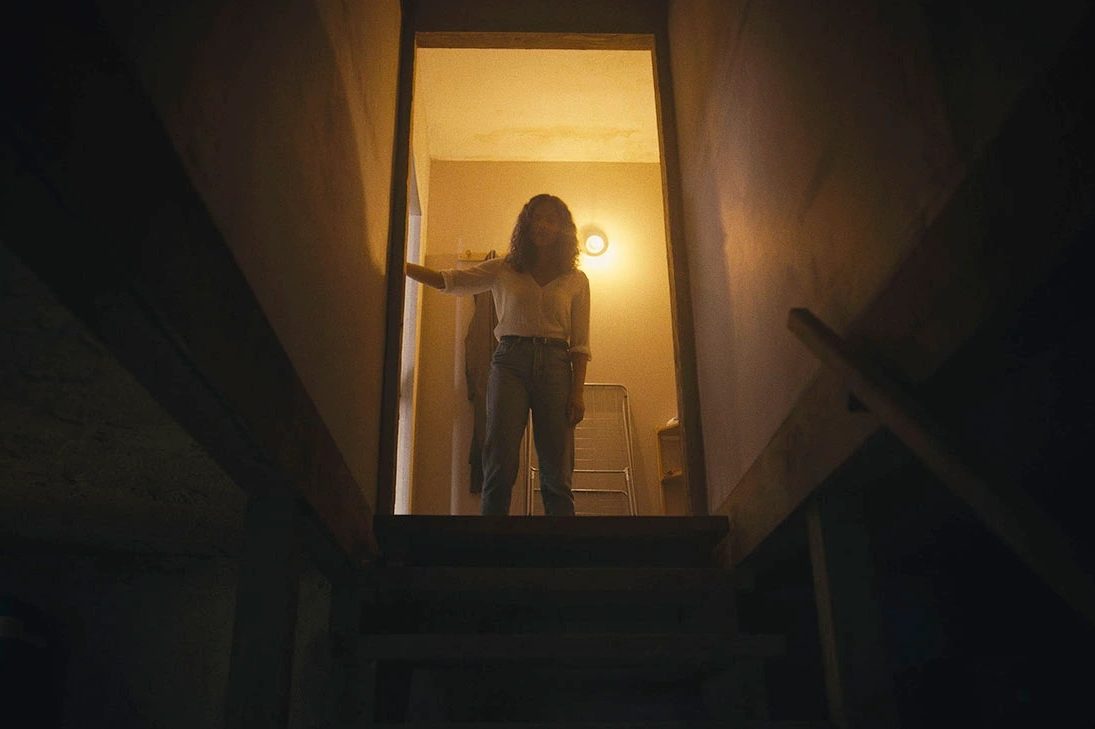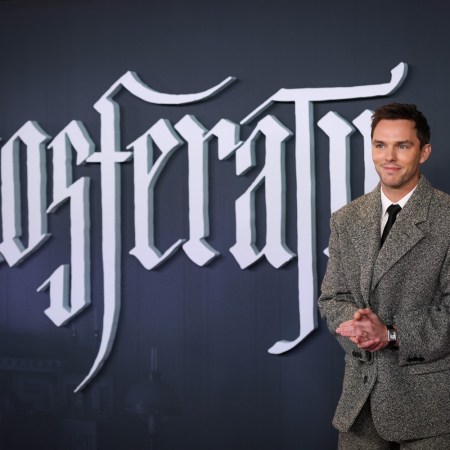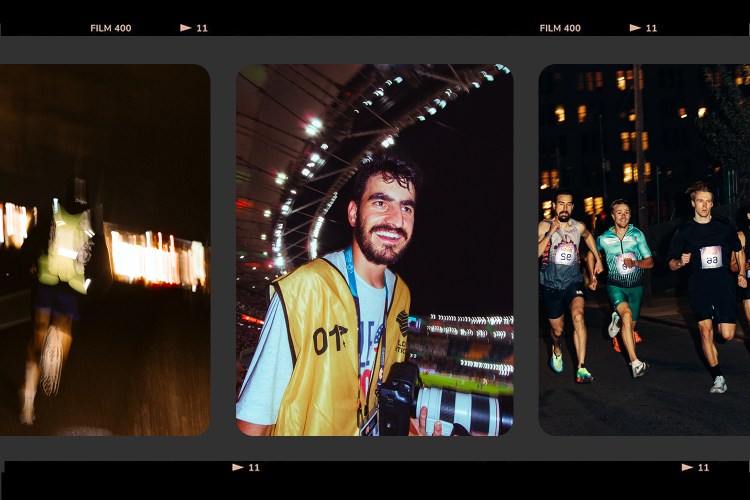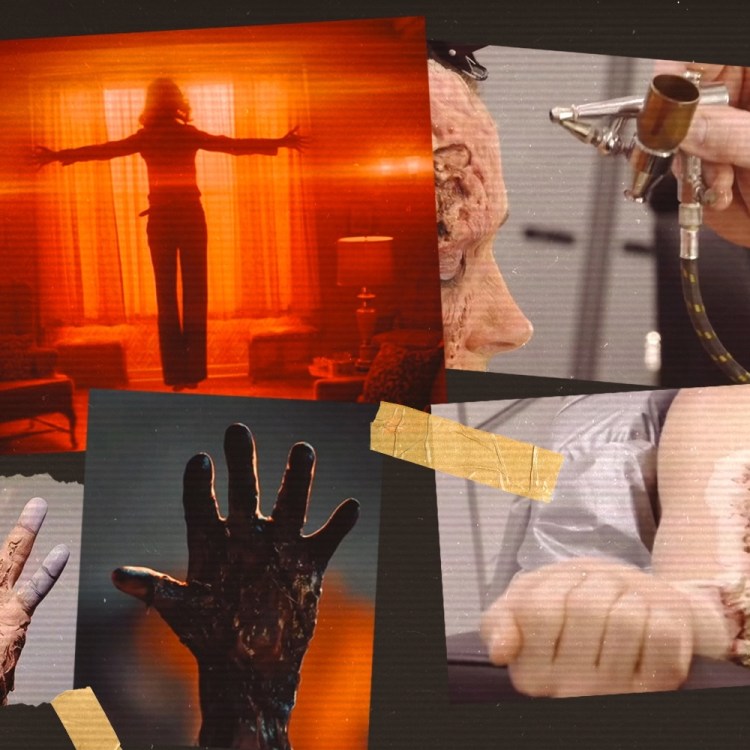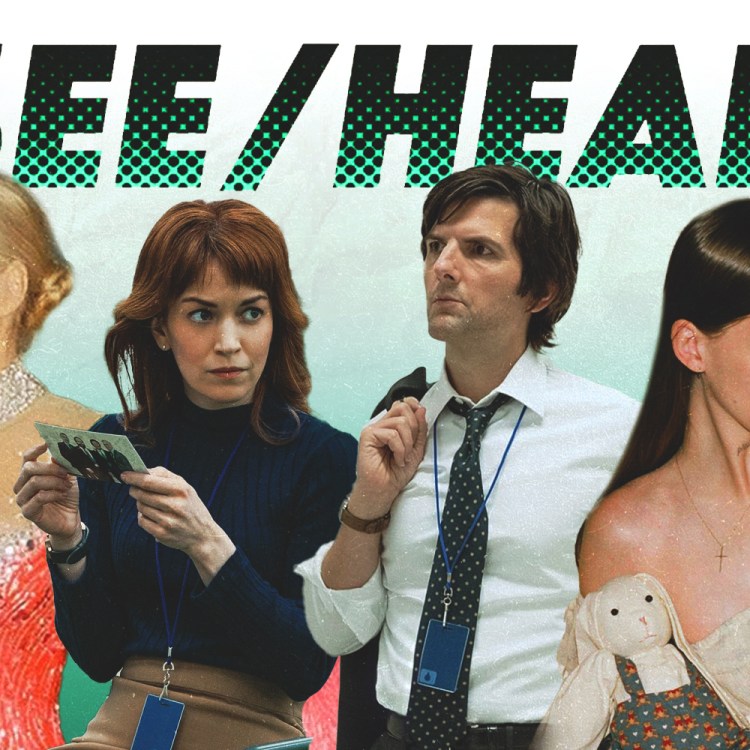Barbarian is not the definitive Airbnb horror movie. That particular movie may not have been made yet, though 2020’s The Rental gave a decent try at heightening and tightening the feelings of apprehension over surrendering to a gig-economy system of shelter that became far too universal, far too fast. Barbarian uses that apprehension, too, in ways that provoke knowing, nervous laughter early on. But it gives way, in a manner that should not be spoiled, to a raft of other millennial-and-younger fears.
First, though, is the part of the movie that’s easy to talk about: Tess (Georgina Campbell) arrives at her modest Airbnb rental in Detroit, only to find Keith (Bill Skarsgård) already there, unpacked and a little groggy. Two separate online systems seem to have booked them into the same location. It is the middle of the night, rain is falling, and local hotels are full. At a loss for what else to do, Keith invites her to stay. I’ll crash on the couch, he offers, and you can take the bedroom.
To the horror-movie audience, this sounds sketchy. Crucially, Tess knows this sounds sketchy — and Keith does, too. He does his fumbling best to assuage Tess’s fears, and writer-director Zach Cregger takes canny advantage of how the appearance of a mild-mannered guy trying to be nice still loops back around to tension, suspicion, even dread. This persists, even grows, as Tess and Keith get to know each other and start exchanging shy smiles. An Airbnb situation going wrong is one thing, maybe even expected; dangling even a tenuous hint of unexpected rom-com fulfillment in front of Tess opens up a whole other series of contemporary anxieties about formulating trust in new relationships, romantic or sexual or otherwise. A screwy Airbnb listing might be an honest mistake; in-person gaslighting is more insidious.
This isn’t the last time Barbarian establishes one source of dread and terror, only to open up a new avenue. Its slow yet economically-cut build, full of attentive close-ups on creaking doors and sneakers making their way down dimly hit hallways, is swiftly and repeatedly replaced in surprising ways. Audiences should be wary of learning too much; I’ll tread carefully and attempt to describe what the movie does without explaining how. This might make the movie sound gimmick-laden, and indeed, Barbarian’s gleeful change-up strategy could easily lead to a horror show overflowing with geek-show, carny-barking horror attractions: Look here, ya rubes! Now over here! Now spin around to find out what’s behind you! Instead, Cregger unpacks his twists neatly, boxes within boxes, visualized by his framing of doorways against darkness, leading to other doorways within further darkness, and so on. Occasionally the movie feels distended, but it never descends into chaos.
Plenty is at risk thematically, too; at first, it seems like Cregger is discarding a perfectly effective cocktail of Airbnb fatigue and dating-bullshit burnout, a trickier chronicle of the latter than recent barely metaphorical, non-subtextual relationship nightmares like Fresh (released by another corporate sibling under the same Disney umbrella as Barbarian). Is this movie actually about the convergence of online convenience and real-life danger, gentrification, #MeToo and/or patriarchal corruption? Or is the movie just throwing out buzzword crumbs, hoping that critics will gather them back up again, and maybe add their own descriptions of “trauma” and “grief,” adding some ersatz gravitas to this wild ride?
Improbably, the movie’s nested construction builds out its resonance, too. Barbarian never settles into an easy one-to-one metaphorical predictability, and it’s too focused on its crafty, visceral effectiveness to get bogged down in an attempt to elevate itself. Yet the many and varied horrors on display do form a kind of unified vision of inherited and inevitable pain, where institutions and support systems are all hollow underneath.
This inevitability becomes part of the movie’s genre pleasures. Throughout the movie, Tess makes plenty of decisions with which horror-movie audiences will vocally refuse to concur. (Even at the press screening, there was a firm-but-fair “GIRL, NO” at one point.) This is ameliorated partially by Campbell’s natural likability and scrappiness, partially by Cregger making sure to signpost that she’s no dummy, and partially a knowing tone that somehow makes all of the characters’ worst instincts appear darkly comic rather than frustrating. Moreover, though, Cregger sends his characters through such a rotting gauntlet that even Tess’s worst decisions feel like she may be doing her best to muddle through an impossible situation.
In its mischievous (and, okay, maybe slightly glib) way, Barbarian speaks to the encompassing anxieties of millennial-and-beyond generations who could potentially spend much of their lives attempting to clean up a pervasive, interconnected series of messes — for which the truly guilty parties will always abdicate blame. All poor Tess can do is try to hustle her way out. Every nasty little twist — and, for that matter, every less-nasty bit of happenstance — can be traced back to some greater sin. Maybe this makes Barbarian the ultimate Airbnb horror movie after all.
This article was featured in the InsideHook newsletter. Sign up now.
